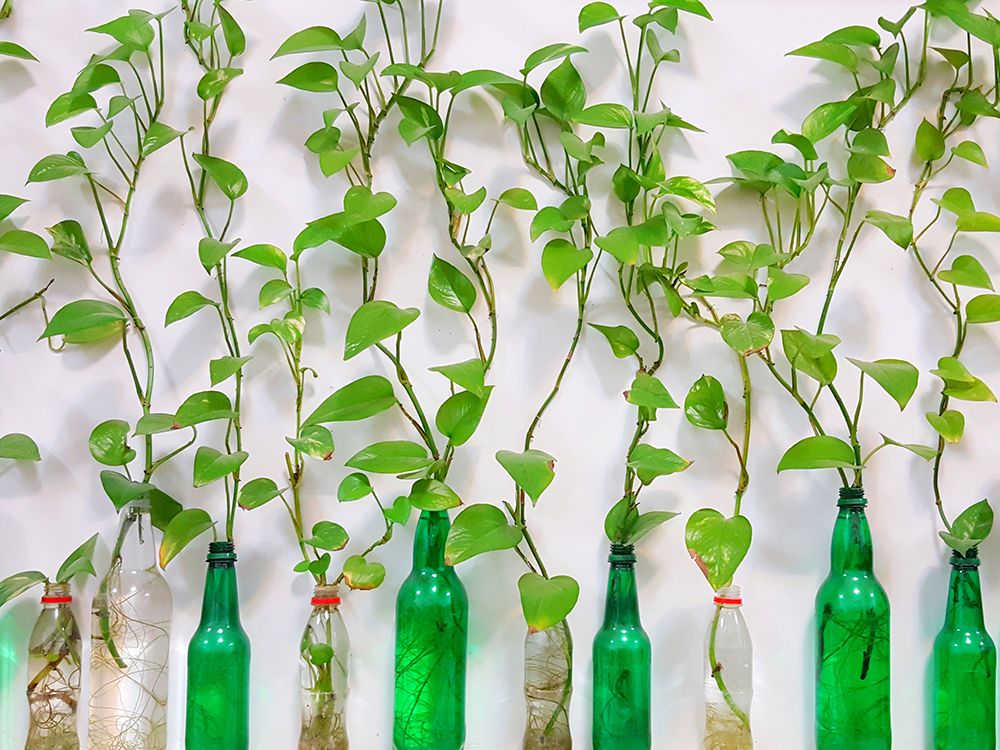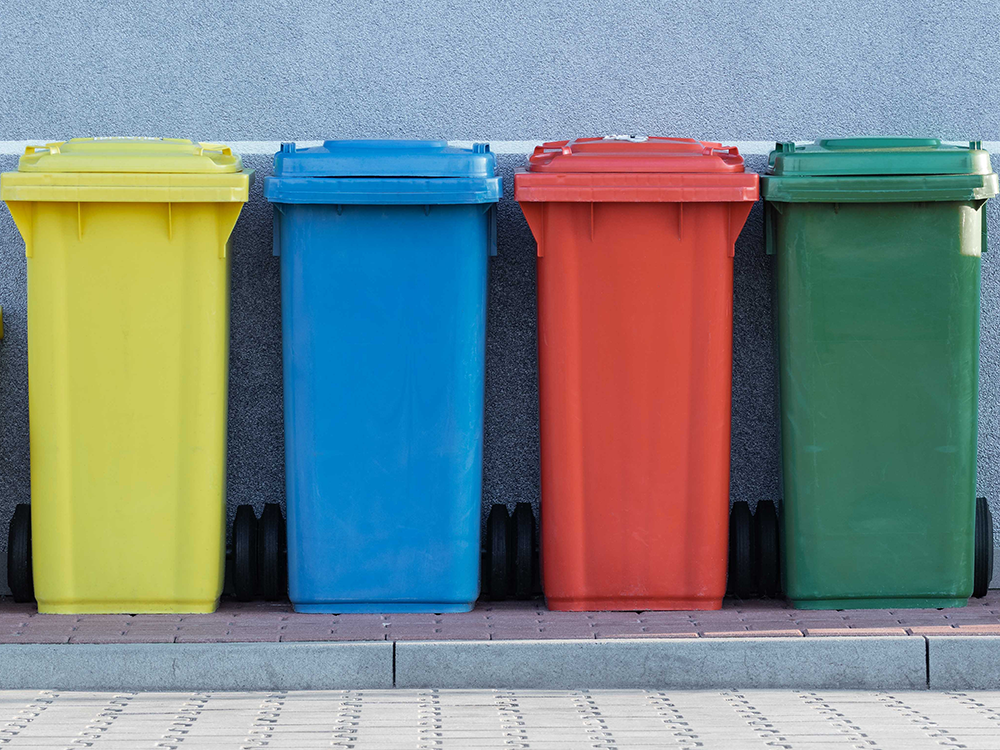Recycling Day: Little lifestyle changes that make a big difference
November 15, 2018 | by BMI Staff
It is so easy to go entire days, weeks, or even longer for several of us without thinking once about our environmental impact. “I’m just one person,” we often think. How is it that our individual choices can make a difference for the entire planet—good or bad? Whether we decide to buy a plastic water bottle or compost all of our trash, will the scales really be tipped either way?
According to the U.S. Environmental Protection Agency, Americans generated about 254 million tons of trash in 2013. Only 34.3% of this trash was recycled or composted. With numbers this large, it’s easy to see why we often wonder how our lifestyle changes could make a difference, but what if we break down that number by each individual? On average, each person in the U.S. generates 4.4 pounds of trash each day—a yearly total of 1,606 pounds. With an individual waste contribution measuring as high as the Leaning Tower of Pisa, it’s difficult to ignore the impact we each have on our planet’s health.
These numbers might be hard to come to terms with, but don’t get discouraged! It is much easier to implement small lifestyle changes within your day-to-day life than you may think. The following is a list of healthy planet choices that you can make with minimal effort:
- Use your own shopping bags at the store.
According to an EPA study, “somewhere between 500 billion and a trillion plastic bags are consumed worldwide each year.” With several states having banned these environmental eyesores and others applying a tax for consumers to use them, efforts are already in motion to switch to reusable shopping bags. - Ditch the bottled water & one-use cups.
Nobody likes lugging heavy cases of prepackaged water around the store, and it’s hard to justify the cost of these purchases when compared to a one-time purchase of a filtration system. Additionally, it is often cheaper to refill a cup at a convenience store or coffee shop than it is to pay for the price of a disposable one. Convenience store cups are typically made of styrophoam, one of the most damaging materials for the environment, as it takes 500 years to decompose. - Kiss your plastic straws goodbye.
This one should be easy, given the straw bans occurring throughout the country. Using plastic so often feels unavoidable, but this slight change has very little impact on our lives. In addition to the harm plastic straws place on marine life, they also place a health risk on the human body. Most plastic straws contain polypropylene, a chemical made from petroleum that affects estrogen levels when combined with consumable liquids. Sensitive teeth? We recommend grabbing some of these BPA-free paper straws and sipping in style. - Small chunks of plastic also contain large environmental impacts.
Did you know that everyday hygiene products like exfoliant and toothpaste can contain tiny bits of plastic that are difficult for wastewater treatment facilities to stop? Consider switching out these products for biodegradable alternatives. - Visit your local farmer’s market.
It is almost impossible to avoid plastic packages and bags at the grocery store, but the opposite is true of farmer’s markets. As small-batch vendors with a vested interest in their community, it is unlikely that you will find wasteful packaging at any of their booths. It is even helpful to bring your own bags and containers from home, as they likely won’t have the same alternatives as a large grocery chain.
And Finally…RECYCLE!
Separating waste and determining what is recyclable can be difficult. Use this search tool to locate recycling centers in your area, and even filter the search results by material type.








